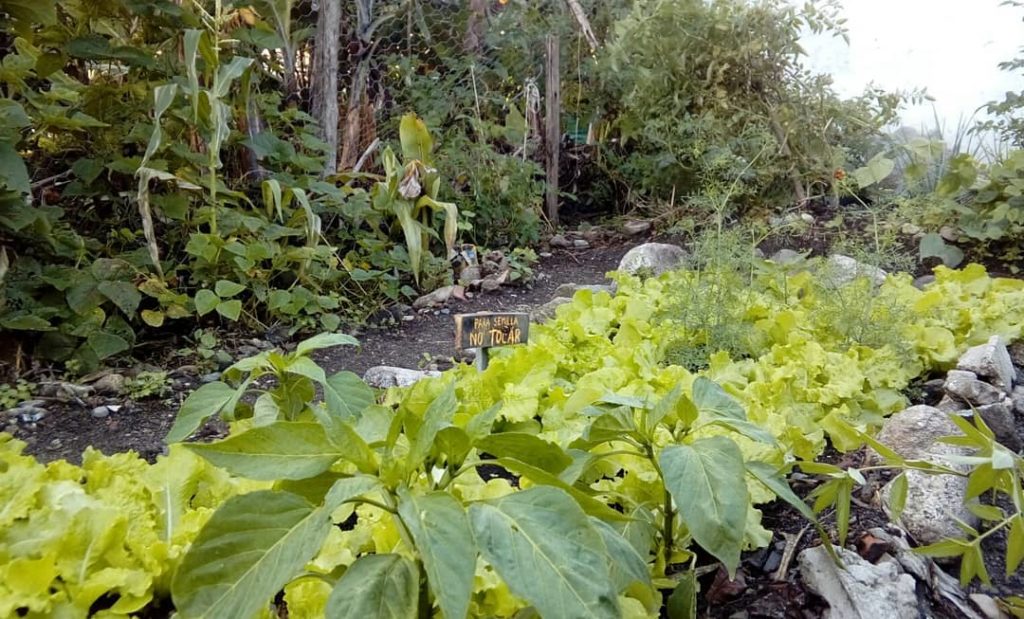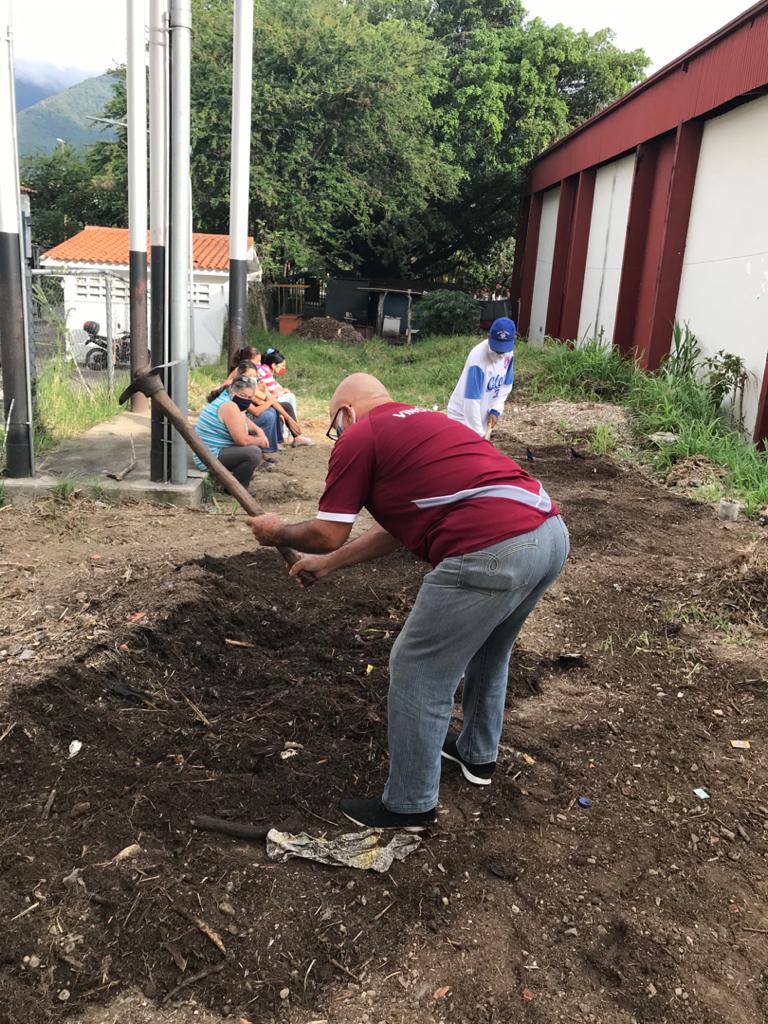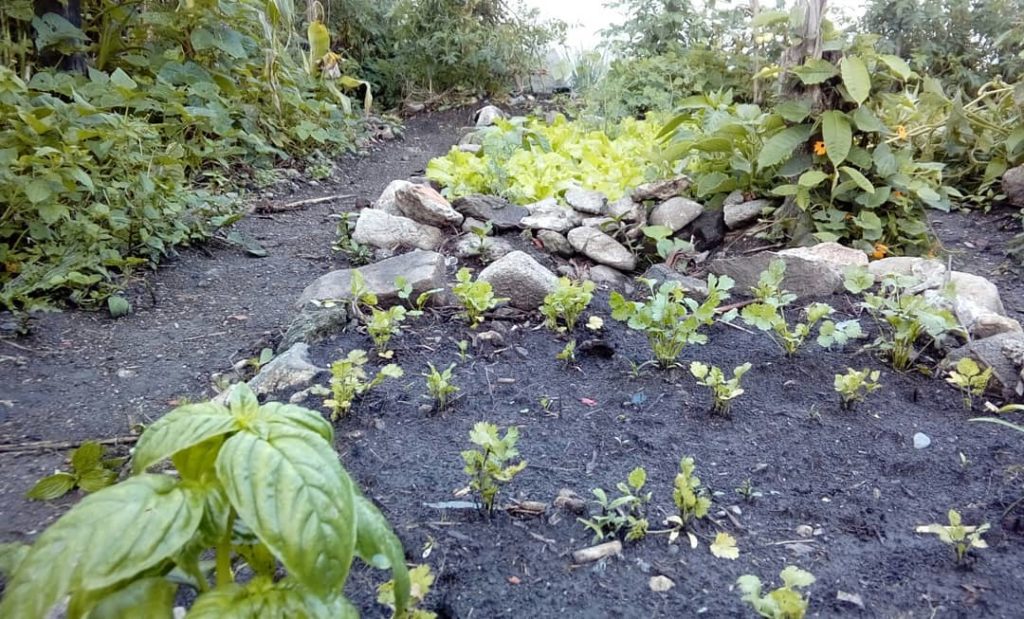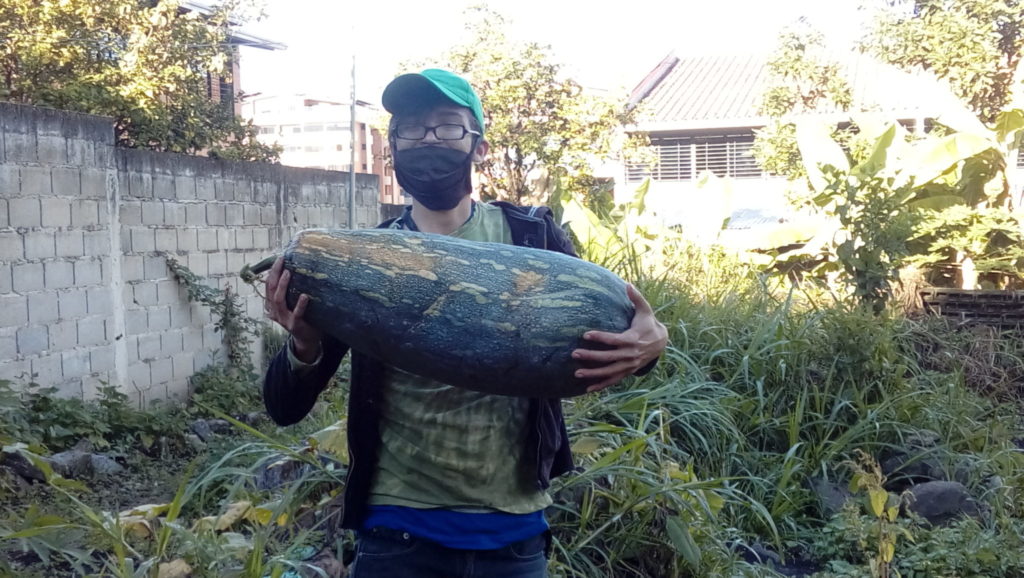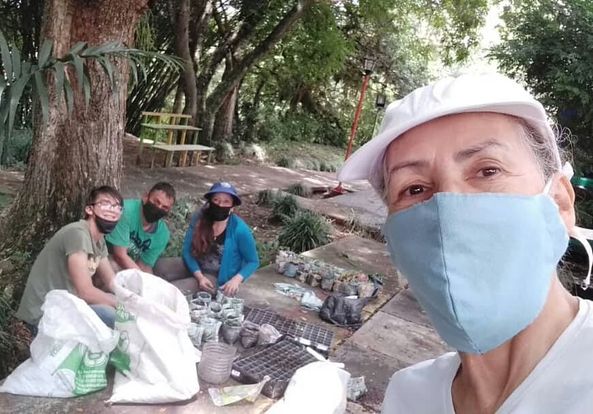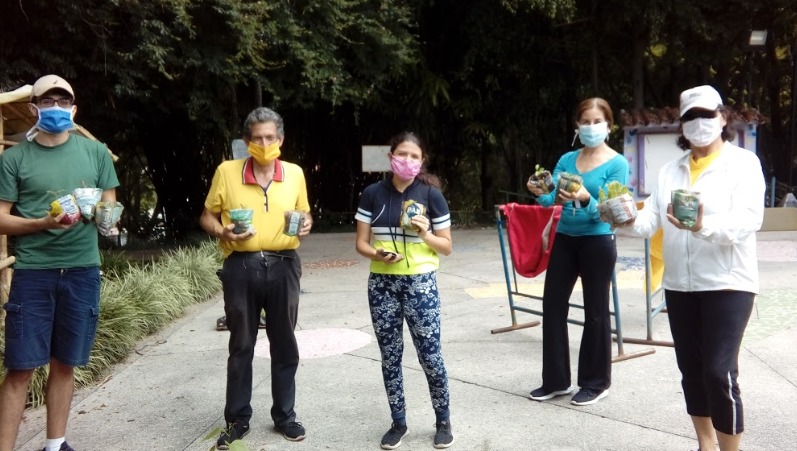We seek to contribute to the increase of food sovereignty and the production of healthy food. To carry out this purpose we hope to do the following:
- Provide help to families or people who want to start organic vegetable gardens. This help will be done through: Donation of seeds, seedlings, organic repellents, compost or tools.
- Collaborate in the creation of seedbeds and seed banks.
- Promote support for local organic farmers by collaborating to give more visibility to their work.
- Promote critical thinking about food sovereignty through campaigns and / or workshops on the subject.
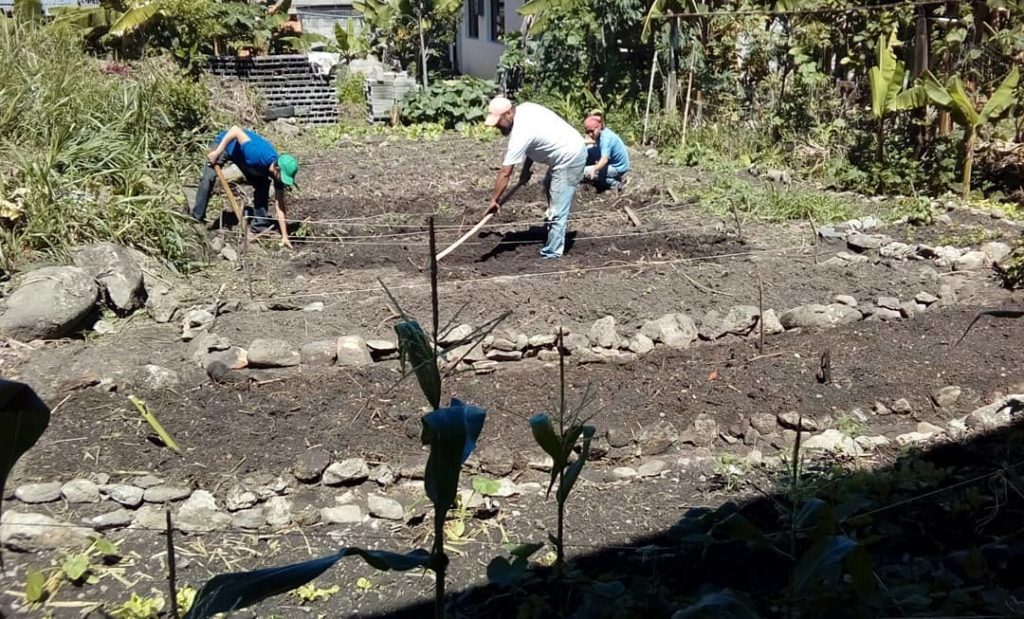
What problems do we seek to face through this program?
A report by the United Nations Food and Agriculture Organization considers Venezuela among the countries with the highest risk in food security. According to the director of Fedeagro (Confederation of Associations of Agricultural Producers of Venezuela), this situation will not improve since “in the Venezuelan countryside it is only produced to cover the needs of 10% of the national consumption and there is no money to buy the treated seeds and pesticides”. Which results in the fact that, due to low production and decreases in imports, 94% of the Venezuelan population does not have enough income to pay the prices of a food basket and basic services. This situation of food instability worsens due to the type of economic and agricultural model, since this depends entirely on oil so that there is production and distribution in the national territory. This dependence leads to the fact that many times, despite having crops, they cannot reach the cities because of fuel shortages. The lack of food results in a rise in malnutrition levels in the country and in infant mortality. According to the report “The State of Food Security and Nutrition” of 2017, FAO notes that Venezuela is the country with the highest increase in the number of undernourished, going from 2.8 million with undernourishment in 2015, to 4, 1 million in 2016. As can be seen today in Venezuela the right to adequate food is not guaranteed. Many Venezuelans do not have access to all three meals a day and cases of malnutrition continue to increase.
The fight against food insecurity also implies fighting against those poisons we ingest daily. Food security cannot be achieved at the price of pollution and population poisoning. Although there are currently less agrochemicals in Venezuela because of their high cost, it is important to keep in mind that they generate serious problems for the environment and our health. In fact, they are also found in imported food that abounds in the country, and those who still have the money buy them. Another negative effect is that dependence on these products generates a culture of agro-toxics. Therefore, it is difficult for farmers to maintain production with less chemical inputs since they do not know how to do it. These two problematic situations, food insecurity and agro-toxic are thus intertwined.
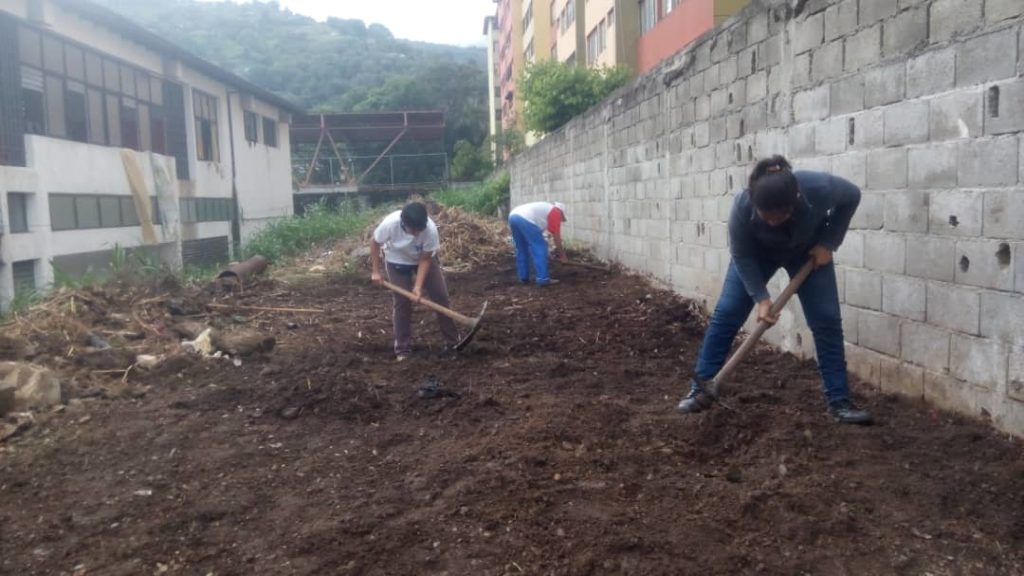
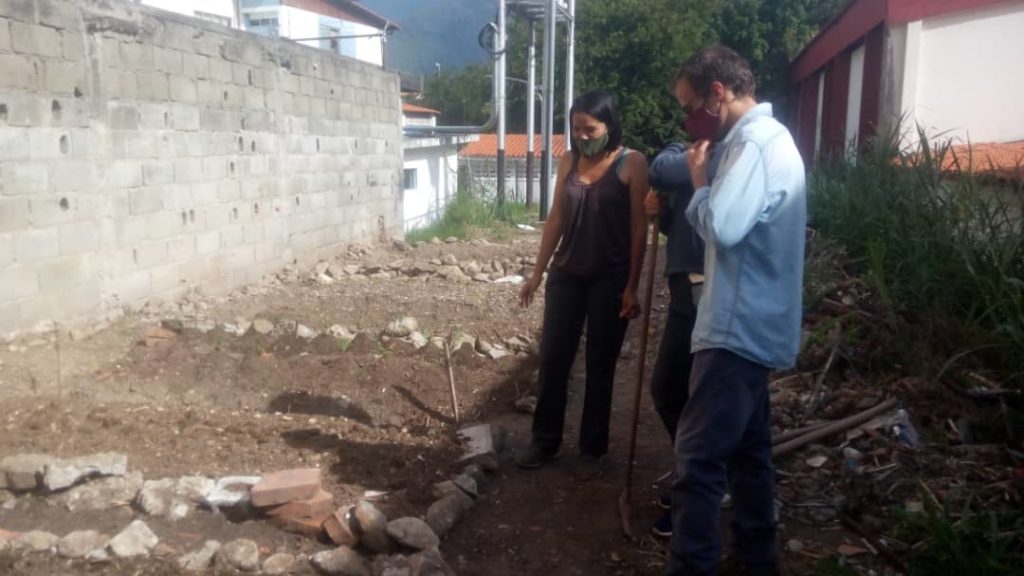
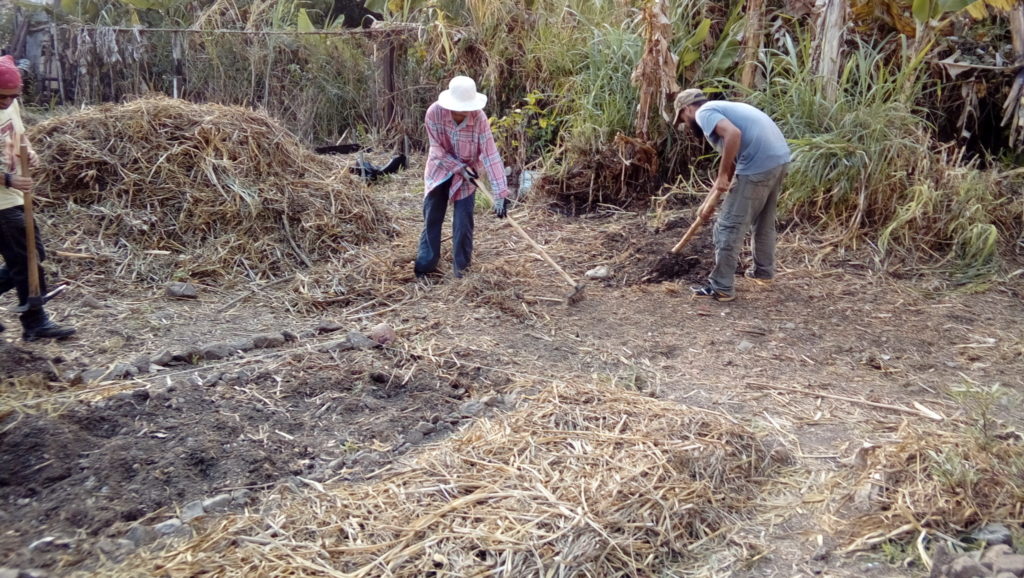
With regard to health, according to a study carried out by the UN, “Pesticides are responsible for around 200,000 cases of poisoning deaths per year.” According to this institution, and many journalistic and scientific surveys, in addition to directly damaging human health, also greatly damage environmental health. Pesticides can remain in the environment for decades, which means a global threat to the planet’s ecological systems. Studies have shown that chronic poisonings and exposures at lower doses are associated with respiratory problems, memory disorders, skin diseases, depression, abortions, birth defects, cancer and neurological diseases such as Parkinson’s disease.
How can we face these problems?
If we have understood the diagnosis, that food insecurity is synonymous with oil dependence and dependence on imports (also import of all inputs for industrial agriculture) we have to find another way for the right to food, to healthy eating we can add (in a healthy environment) that do not depend on fossil energies or imports.
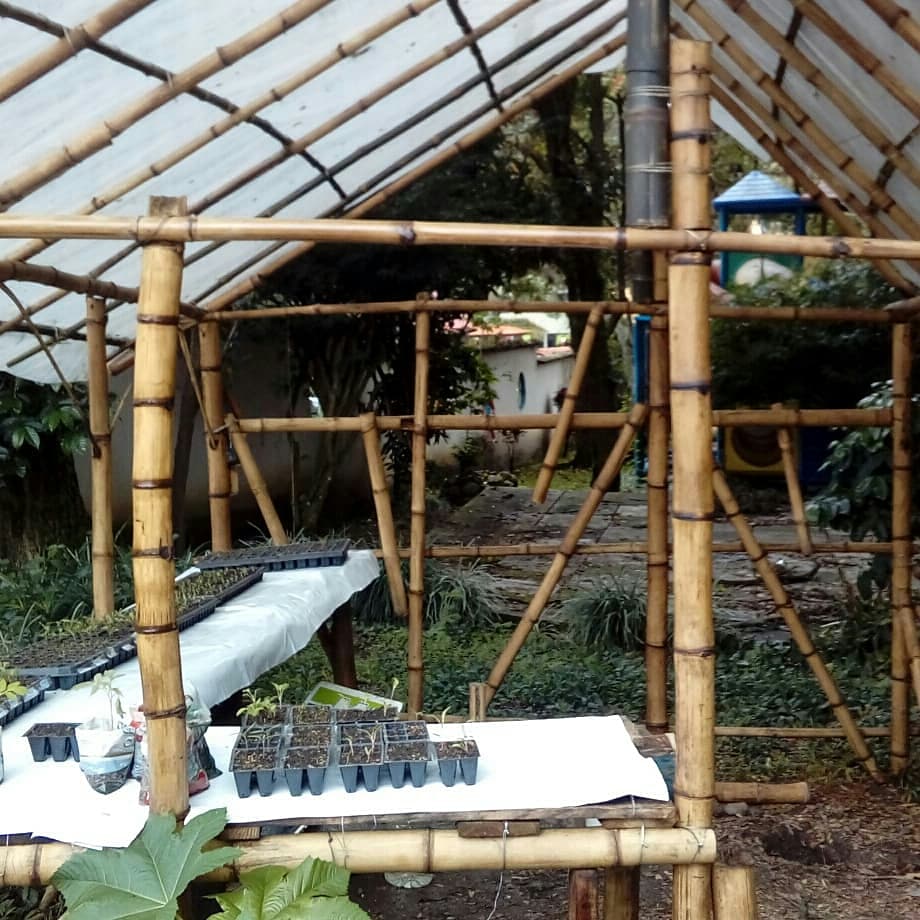
Food security and good food (which has to do with good agriculture) are the basis for ensuring the health and well-being of people. And the way to achieve this food security and collective well-being is through organic agriculture, both urban and local, to reduce dependence on fossil fuels. Thanks to this type of agriculture we could achieve our self-sufficiency, even obtaining much better harvest results than with conventional agriculture. According to a 2011 report by the United Nations (UN), “Agroecology can double world food production” thus addressing climate change and environmental problems. In the same way, this type of agriculture can help us prevent pesticide-related diseases in our food. Working against malnutrition and in favor of food security is going to the root of the problem.
In view of the mentioned problems, and as part of a search for sustainable satisfaction of our basic needs, through this program we aim to create and support organic gardens. Thanks to the donation of seeds, tools and the collective work, we want to contribute to the creation of family or community vegetable gardens, also at the institutional level (schools, nursing homes, etc.). These gardens will be used to improve people’s quality of life and contribute to increasing food self-sufficiency. Thanks to local and organic production, we want to fight for more well-being and more food security.
